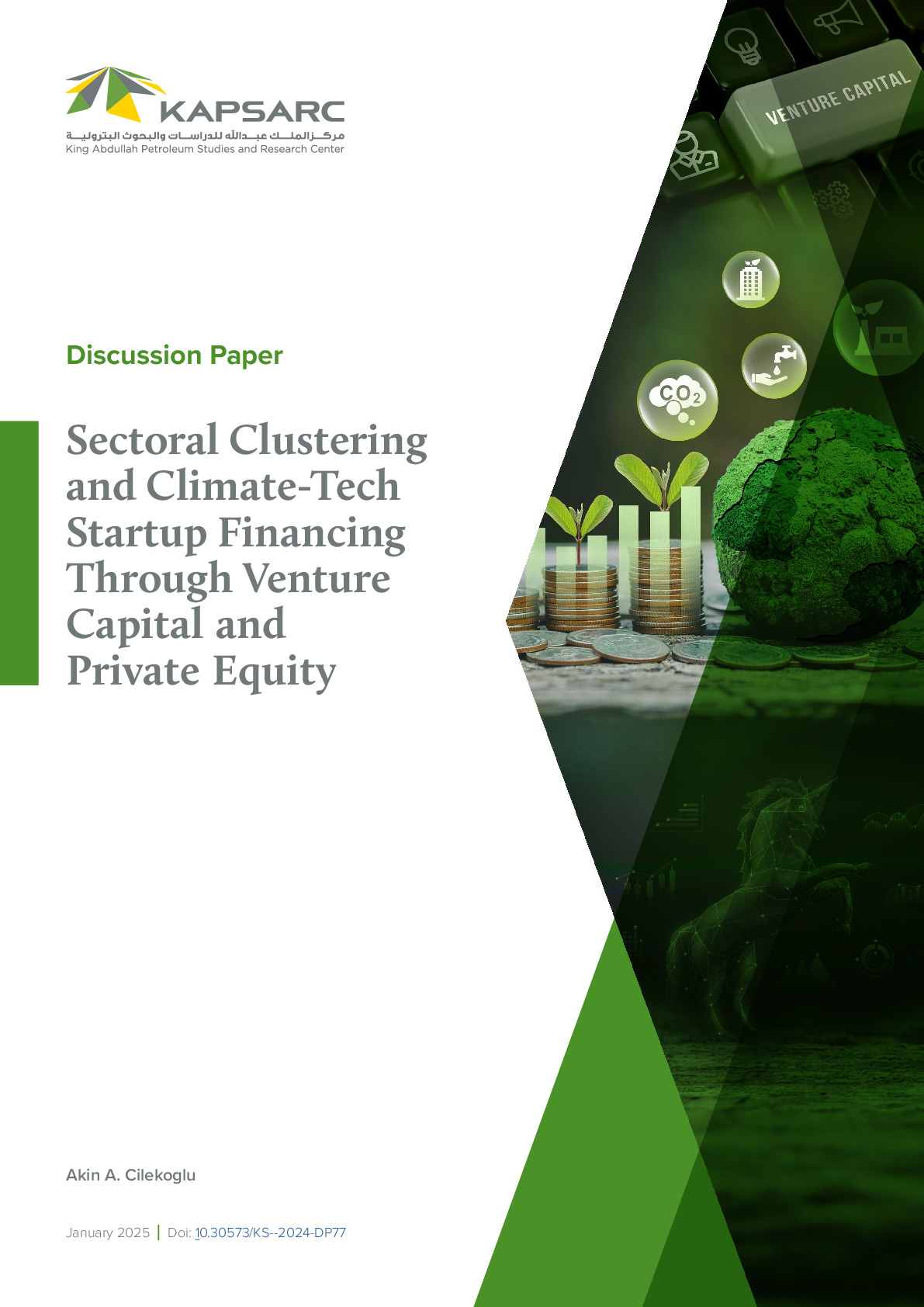Sustainable finance has gained remarkable momentum over the past decade, but its global allocation remains uneven, with emerging market and developing economies (EMDEs) struggling to attract the capital required to meet ambitious climate targets. This shortfall threatens progress toward limiting global warming while amplifying existing socioeconomic disparities between nations. In light of these challenges, this paper offers a comprehensive review of the literature to pinpoint the determinants underlying the global distribution of sustainable finance. We broadly identify four key factors shaping the sustainability-related capital allocation: 1) investor preferences and perceptions on sustainability and climate change, 2) risks (climate-related and conventional), 3) ESG infrastructure (sustainability ratings and transparency), and 4) the role of government (policies and regulations). This review article underscores that the uneven distribution of sustainable debt flows is a reflection of broader structural and institutional disparities. The insights presented in this paper highlight the urgent need for targeted policy interventions, particularly in emerging and developing economies, to improve ESG infrastructure, enhance regulatory frameworks, and de-risk sustainable investments to attract private capital at the scale required for effective climate action.

Postdoctoral Researcher- Climate & Sustainability
Dr. Cilekoglu is a Postdoctoral Researcher in the Climate & Sustainability program. His current research covers understanding sustainable finance practices,…
Dr. Cilekoglu is a Postdoctoral Researcher in the Climate & Sustainability program. His current research covers understanding sustainable finance practices, the implications of climate change, and the responses of firms to climate policy initiatives. He holds a Ph.D. in Economics from the University of Barcelona and an M.Sc. in Economics from Catholic University in Milan. He was previously a Lecturer at Istanbul Bilgi University and a Visiting Researcher at both LMU in Munich and METU in Ankara. Prior to joining KAPSARC, he worked as a Climate Policy Consultant for a political party.
Expertise
- Sustainable Finance
- Environmental Economics
- Applied Econometrics
Publications See all Akin Cilekoglu’s publications
Determinants of Sustainable Finance Flows: A Literature Review
Sustainable finance has gained remarkable momentum over the past decade, but its global allocation remains…
25th June 2025
Sectoral Clustering and Climate-Tech Startup Financing Through Venture Capital and Private Equity
Sustainable finance has gained remarkable momentum over the past decade, but its global allocation remains…
12th January 2025

